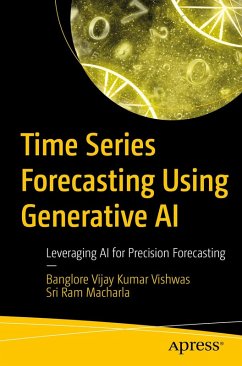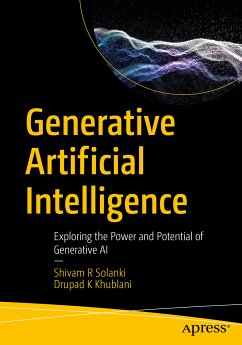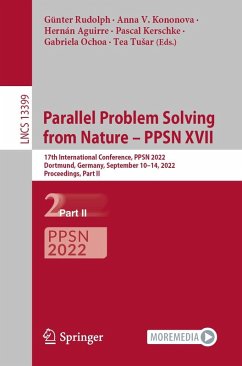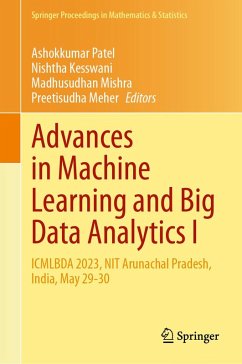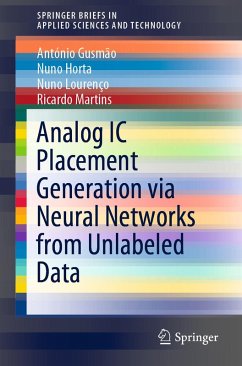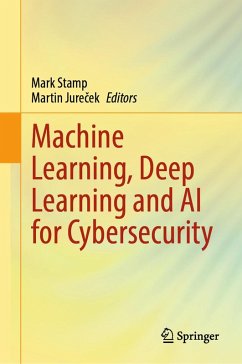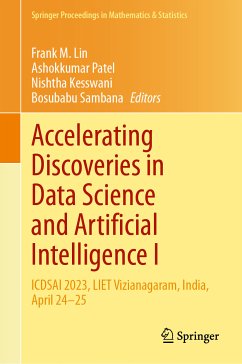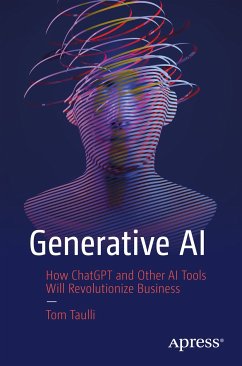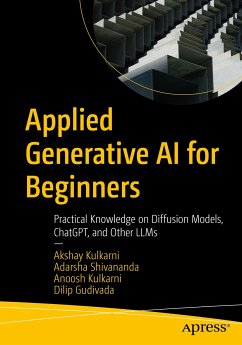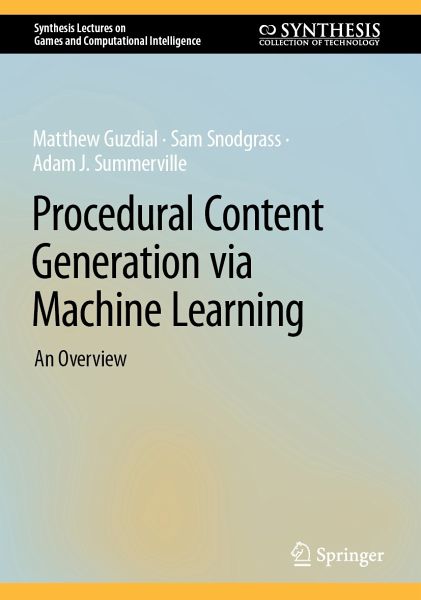
Procedural Content Generation via Machine Learning (eBook, PDF)
An Overview
Versandkostenfrei!
Sofort per Download lieferbar
48,95 €
inkl. MwSt.
Weitere Ausgaben:

PAYBACK Punkte
24 °P sammeln!
This book surveys current and future approaches to generating video game content with machine learning or Procedural Content Generation via Machine Learning (PCGML). Machine learning is having a major impact on many industries, including the video game industry. PCGML addresses the use of computers to generate new types of content for video games (game levels, quests, characters, etc.) by learning from existing content. The authors illustrate how PCGML is poised to transform the video games industry and provide the first ever beginner-focused guide to PCGML. This book features an accessible in...
This book surveys current and future approaches to generating video game content with machine learning or Procedural Content Generation via Machine Learning (PCGML). Machine learning is having a major impact on many industries, including the video game industry. PCGML addresses the use of computers to generate new types of content for video games (game levels, quests, characters, etc.) by learning from existing content. The authors illustrate how PCGML is poised to transform the video games industry and provide the first ever beginner-focused guide to PCGML. This book features an accessible introduction to machine learning topics, and readers will gain a broad understanding of currently employed PCGML approaches in academia and industry. The authors provide guidance on how best to set up a PCGML project and identify open problems appropriate for a research project or thesis. This book is written with machine learning and games novices in mind and includes discussions of practical and ethical considerations along with resources and guidance for starting a new PCGML project.
Dieser Download kann aus rechtlichen Gründen nur mit Rechnungsadresse in A, B, BG, CY, CZ, D, DK, EW, E, FIN, F, GR, HR, H, IRL, I, LT, L, LR, M, NL, PL, P, R, S, SLO, SK ausgeliefert werden.



